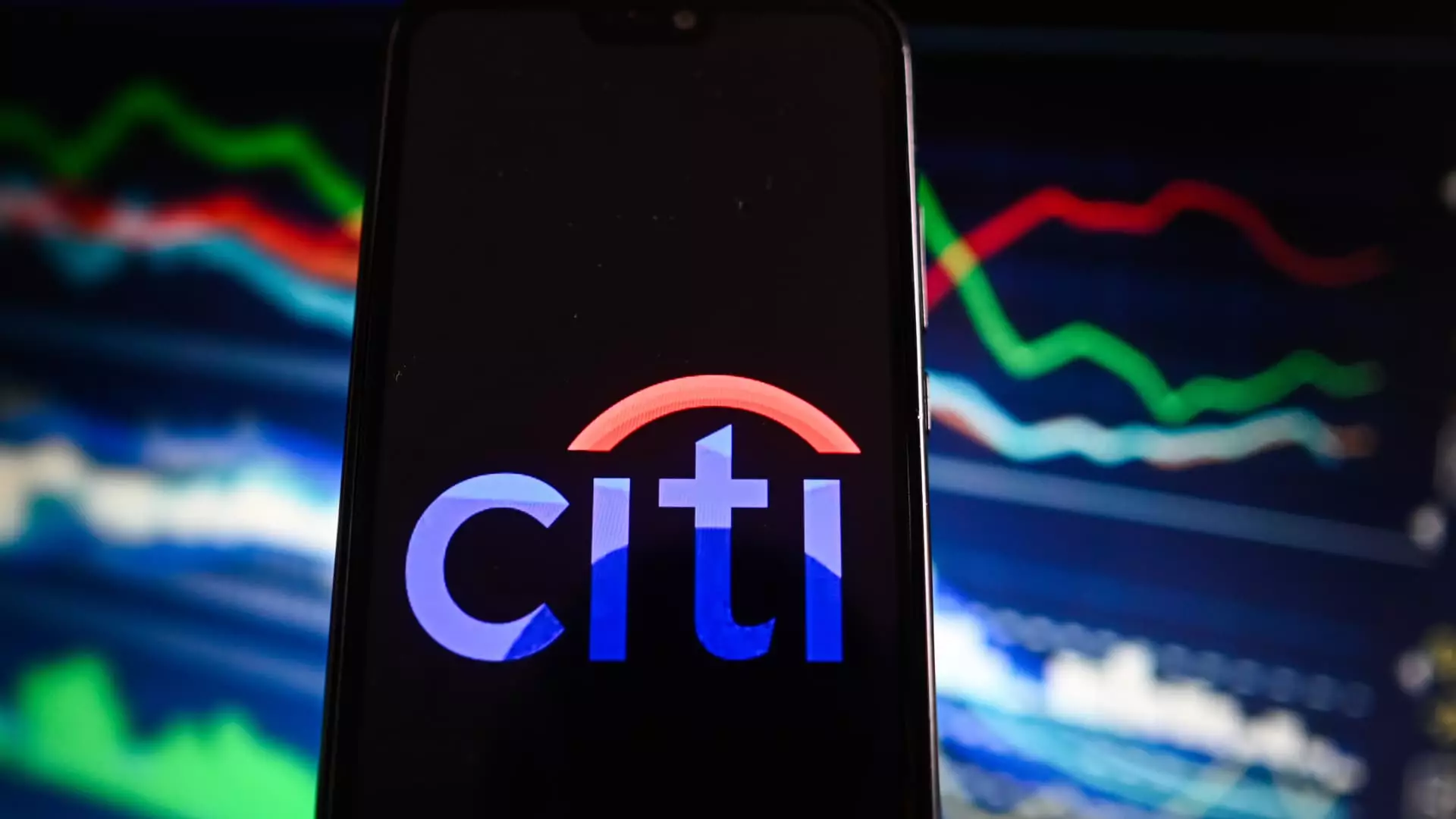In the wake of the recent election results, major banking stocks saw a significant surge, reflecting investor optimism surrounding the potential return of Donald Trump to the presidency. This increase was particularly noticeable in after-hours trading, with Citigroup leading the charge with a hefty 5% rise. Other notable players such as Bank of America, Wells Fargo, and Goldman Sachs also experienced notable gains, ranging from 2% to over 3%. Such reactions underscore a broader market narrative where political outcomes strongly influence financial sector performance, especially when deregulation policies promise to reshape the landscape.
Investors’ excitement stems primarily from expectations of decreased regulatory oversight under a Trump-led administration. Historically, Trump has championed deregulation as a cornerstone of his economic policies, creating a favorable environment for banks that may thrive without stringent regulatory frameworks. Analysts, including TD Cowen’s Jaret Seiberg, have indicated that financial institutions could see substantial advantages thanks to anticipated rollbacks of regulations imposed by the Consumer Financial Protection Bureau (CFPB). The suggestion here is that a lighter regulatory load might invigorate banks’ operational capacity and profitability.
Specifically, trading banks might find enhanced opportunities as capital requirements may be lowered, which could enlarge their ability to lend. Further, aspects like credit card fee policies are expected to remain unchanged, signaling a stable revenue source for banks. Moreover, emerging dynamics in cryptocurrency regulations are likely to usher in a new phase of innovation and financial products that banks can leverage to their advantage. However, the relaxations promised pose essential questions about long-term financial stability and consumer protection in the banking industry.
While the outlook seems optimistic for the banking sector, potential risks persist. Analysts have highlighted concerns regarding Trump’s economic strategies, particularly addressing his inclination toward tariffs and immigration policies. Such measures could provoke inflationary pressures, disrupting economic stability and consumer confidence. The uncertainty these actions bring adds a layer of complexity to an otherwise bullish sentiment for banking assets, necessitating caution among investors while navigating this shifting financial terrain.
A Balancing Act in Investor Sentiment
While banks are gearing up for a potential windfall from deregulation, the associated risks warrant a careful assessment. Stakeholders are rightfully enthusiastic about the benefits of a less regulated environment, yet must remain vigilant against possible pitfalls stemming from Trump’s broader economic agenda. As the landscape evolves, investors will need to strike a balance between optimism about growth in the financial sector and the uncertainties that can emerge from political volatility. The road ahead promises both opportunities and challenges, giving stakeholders plenty to consider in their investment strategies.

